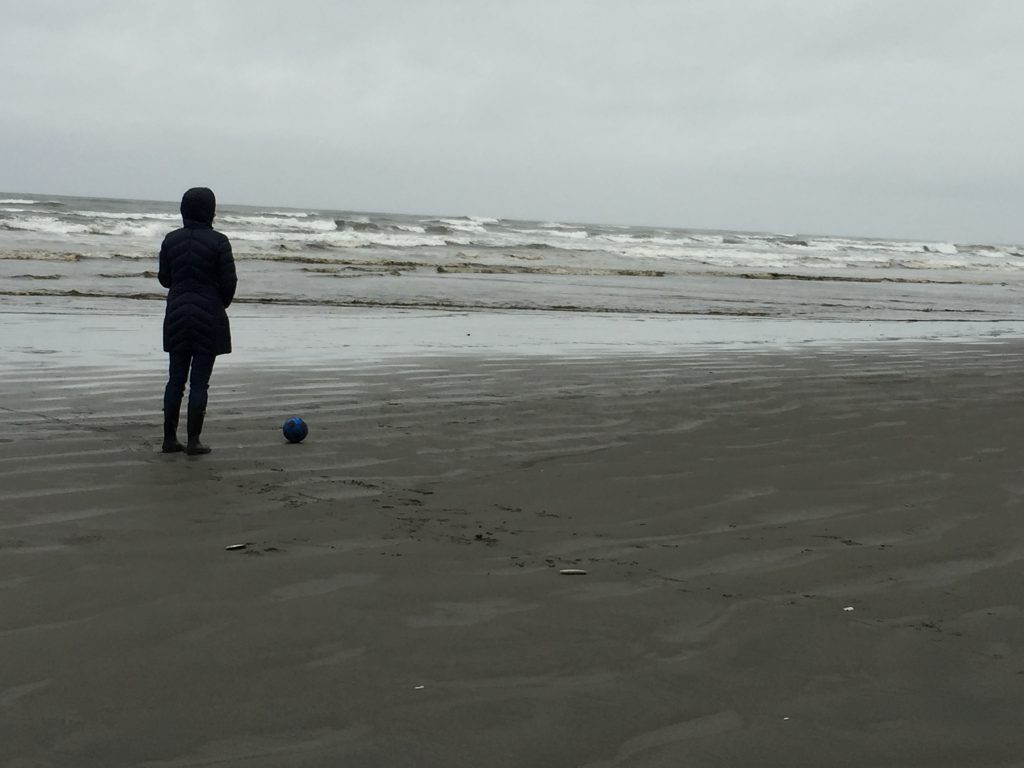A BLESSING FOR THE THRESHOLDS
It can be hard to know what to say or how to pray
if you are deep in grief
as your loved one prepares to leave this life.
The prayers you learned in childhood may no longer make sense to you.
You’re not sure what you believe about death or life after death.
You might be full of anger or sorrow,
unable to speak about the unspeakable,
or numb.
It can help to borrow someone else’s words that
touch into what is wordless in your heart.
I am sharing excerpts from John O’Donohue’s book,
"To Bless the Space Between Us: A Book of Blessings".
He wrote about the “crucial thresholds in our lives,
when we have no rituals to protect,
encourage and guide us as we cross over into the unknown.”.
He said we need to find new words.
Loving someone who is dying is such a threshold.
You can use his words if you like.
Or perhaps his words will evoke your own.
Entering Death
“I pray that you will have the blessing
Of being consoled and sure about your death.
May you know in your soul
There is no need to be afraid.
When your time comes, may you have
Every blessing and strength you need.
May there be a beautiful welcome for you
In the home you are going to.
You are not going somewhere strange,
Merely back to the home you have never left.
May you live with compassion
And transfigure everything
Negative within and about you.
May your going be sheltered
And your welcome assured. “
For the Dying
“May death come gently toward you,
Leaving you time to make your way
Through the cold embrace of fear
To the place of inner tranquility.
May death arrive only after a long life
To find you at home among your own
With every comfort and care you require.
May death come gently toward you,
Leaving you time to make your way
Through the cold embrace of fear
To the place of inner tranquility.
May death arrive only after a long life
To find you at home among your own
With every comfort and care you require.
May your leave-taking be gracious,
Enabling you to hold dignity
Through awkwardness and illness.
May you see the reflection
Of your life’s kindness and beauty
In all the tears that fall for you.
As your eyes focus on each face,
May your soul take its imprint,
Drawing upon each image within
As companions for the journey.
May someone who knows and loves
The complex village of your heart
Be there to echo you back to yourself
And create a sure word-raft
To carry you to the further shore.
May your spirit feel
The surge of true delight
When the veil of the visible
Is raised, and you glimpse again
The living faces
Of departed family and friends.
May there be some beautiful surprise
Waiting for you inside death,
Something you never knew or felt,
Which with one simple touch,
Absolves you of all loneliness and loss,
As you quicken within the embrace
For which your soul was eternally made.
May your heart be speechless
At the sight of the truth
Of all belief had hoped,
Your heart breathless
In the light and lightness
Where each and everything
Is at last its true self
Within that serene belonging
That dwells beside us
On the other side
Of what we see.”
~John O'Donohue, "To Bless the Space Between Us: A Book of Blessings", 2008.
I offer these excerpts to you with hope that they might help you find
“some pathways of presence”
through the thresholds you and your Dear One are crossing.


